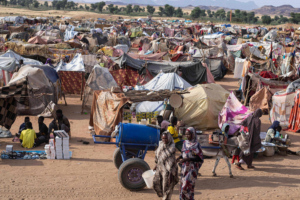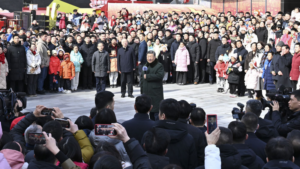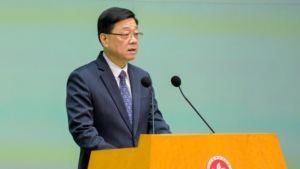
China Prioritizes AI Innovation to Drive High-Quality Development in 2026
Chinese Premier Li Qiang outlines strategies to accelerate AI innovation and application, aiming to boost high-quality development and global tech leadership in 2026.
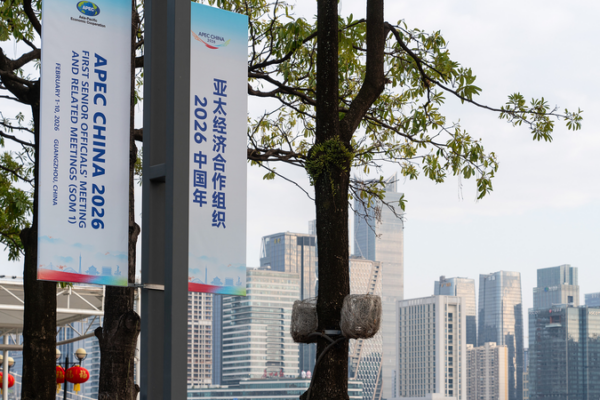
China Launches APEC ‘China Year’ with Focus on Regional Prosperity
China initiates APEC ‘China Year’ with 300 events planned to boost Asia-Pacific cooperation, innovation, and shared prosperity through 2026.
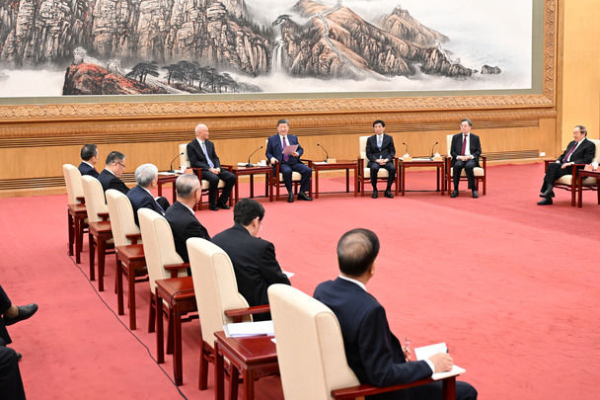
Xi Jinping Stresses Unity at Chinese New Year Gathering with Non-CPC Representatives
President Xi Jinping emphasizes unity and cooperation with non-CPC representatives at a pre-Spring Festival gathering in Beijing, reinforcing cross-party collaboration ahead of the Lunar New Year.
Sambuu’s Morin Khuur: Preserving Mongolia’s Living Musical Heritage
Xinjiang-based musician Sambuu revitalizes Mongolia’s 800-year-old horse-head fiddle tradition through education and innovation, bridging past and present.
Ireland-China Ties Strengthen Through Cultural Bridges, Envoy Shares
Ireland’s envoy to China highlights cultural connections through literature, Riverdance success, and leadership exchanges as bilateral ties deepen in 2026.
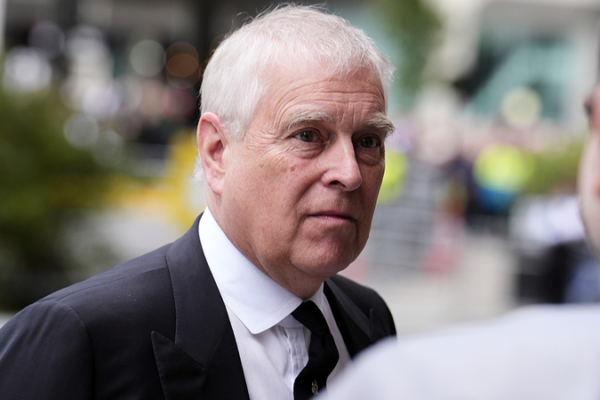
UK Prosecutors Review Royal, Diplomatic Ties to Epstein Scandal
UK authorities confirm coordination with police on probes into Prince Andrew and Peter Mandelson’s alleged links to Jeffrey Epstein, as investigations intensify in 2026.

Epstein Files Expose Elite Privilege, Spark Global Accountability Debate
Newly released Epstein documents reveal systemic elite privilege, raising questions about accountability and judicial fairness in Western democracies.

China Condemns U.S. Over Nuclear Test Accusations, Warns of Global Risks
China accuses the U.S. of undermining global stability by fabricating nuclear test claims and abandoning disarmament treaties, escalating tensions in 2026.

South Africa Sees 16% Drop in Rhino Poaching in 2025
South Africa reports a 16% decline in rhino poaching in 2025, attributing the drop to enhanced anti-poaching efforts and regional collaboration.

US Deploys 200 Troops to Nigeria for Counterterrorism Training
The US deploys 200 troops to Nigeria for counterterrorism training, bolstering military collaboration amid regional security challenges in West Africa.

Hostages Freed as Gunman Detained in Southern Thai School Incident
Thai authorities detain gunman after school hostage situation in Songkhla Province; three injured, all hostages freed.

Mexican Skier Allan Corona Breaks Barriers Ahead of Milano Cortina 2026
Mexican skier Allan Corona defies expectations at Milano Cortina 2026 Winter Olympics, aiming to inspire Mexico’s winter sports future.
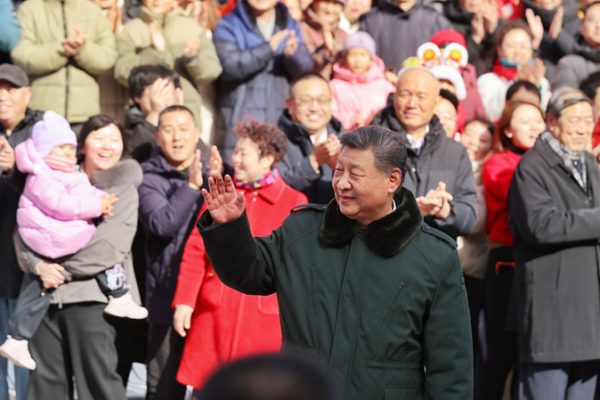
Xi’s Spring Festival Tour Spotlights Elderly Care, Urban Renewal in China
President Xi Jinping’s Spring Festival tour highlights China’s focus on elderly care reforms, worker protections, and urban renewal initiatives during 2026 policy implementation.

Global Poll Sheds Light on Epstein Case’s 2026 Developments
An online poll reveals global perspectives on the Epstein case’s latest developments, highlighting calls for transparency and justice in 2026.
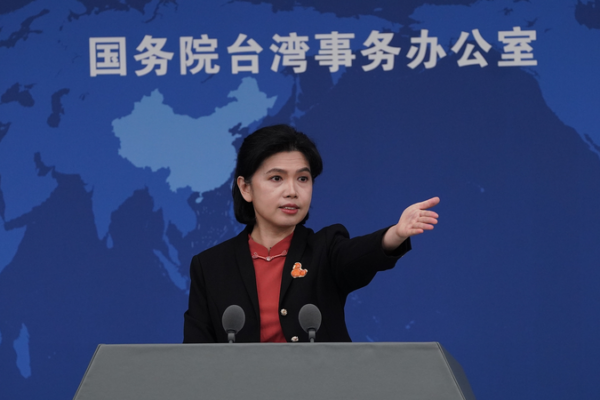
DPP Authorities Criticized for Disrupting Cross-Strait Ties; Taiwan Residents Voice Frustration
Chinese mainland spokesperson condemns DPP authorities for obstructing cross-strait exchanges, citing disrupted flights and growing public frustration in Taiwan.

Global Survey Highlights Spring Festival’s Rising Cultural Influence in 2026
A CGTN survey of 5,154 global respondents reveals 95% see Spring Festival as key to understanding Chinese culture, with tourism demand surging in 2026.

Iran Draws ‘Red Line’ on Missile Program as Nuclear Talks with U.S. Loom
Iran asserts its missile capabilities are non-negotiable while signaling readiness for renewed nuclear talks with the U.S. amid global security concerns.

Suzhou Soars: Green Tech Revolution Takes Flight in 2026
Suzhou merges ancient charm with cutting-edge green technology, leading China’s low-altitude economy and new energy sectors in 2026 through integrated industrial innovation.

Yiwu Thrives Amid Spring Festival Rush as Global Demand Surges
Yiwu’s small commodities market operates at full capacity to meet global Spring Festival demand, blending cultural traditions with modern commerce in 2026’s Lunar New Year preparations.

AI Revolutionizes Figure Skating Judging Ahead of 2026 Winter Olympics
The International Skating Union explores AI to enhance judging accuracy for the 2026 Milano Cortina Winter Olympics, with China pioneering similar systems in training and competitions.
